Wall Street's latest bullish bet on Apple just got a lot more interesting. Bank of America just lifted its price target for the tech giant to $320 from $270, keeping a Buy rating based on a comprehensive five-year outlook. The firm believes Apple's earnings could potentially double between 2024 and 2030, powered by steady growth in new products and services, according to MacDailyNews.
So what changed? The projection hints at a reset in how Wall Street views Apple's edge in artificial intelligence, where BofA sees the company as an "eventual winner". Not just another upgrade, the call backs Apple to a larger play, an AI-centered ecosystem that stretches well past hardware.
Why AI integration is driving Wall Street confidence
Apple's ecosystem is morphing, hardware on one side and fast-growing services on the other, and the pieces are starting to click. Bank of America's analysts rolled forward the stock's valuation to fiscal 2027, saying they gained conviction after extended work.
It is not just a hunch. As AI features land across iPhones, Macs, and more, the firm expects sturdier margins and share gains. The recent scorecard helped too, with Apple's Q3 2025 revenue up 10% to $94B, 13.5% iPhone growth, and $27.4B in services.
What sets Apple apart is how it rolls AI out. While rivals chase splashy demos, Apple keeps threading intelligence into the experience. Think tighter Siri, on-device processing that guards privacy, and features that feel native. AI is the fabric, not a sticker, which supports premium pricing and stickier users.
Smart home strategy: The $299 billion opportunity ahead
That playbook reaches into the home, Apple's next big expansion, where it aims to grab a meaningful slice of a smart home market projected to hit $299 billion by 2030.
Apple's upcoming HomePod with display marks a shift from stand-alone gadgets to orchestration. The device, with a 7-inch LCD, A18 chip, and reengineered Siri AI, is priced at $299 and cost/BOM for this new model is not publicly available; the bigger prize is its role as the home's control center, creating recurring services and tighter lock-in.
Zoom out to the roadmap. The upcoming HomePad rumored to include a FaceTime camera, Thread/UWB connectivity, and a custom OS derived from tvOS is not just a shot at Amazon Echo or Google Nest. It aims to unify iPhone, Mac, Apple TV, and home automation around standards like Matter, with Apple as the premium hub in a house where everything talks.
Market momentum: From $169 to record highs
Investors are already leaning in. Apple shares popped to a fresh all-time high, clearing a $4 trillion valuation mark ($4.021 trillion) in Wednesday morning trading.
That $4 trillion marker says more than rebound, it signals the market is pricing Apple's shape-shift. The climb from a 52-week low of $169.21 on April 8, 2025 represents about a 59% recovery, a vote of confidence that Apple can steer tough tech transitions and still charge a premium.
Zoom back to the broader range. The company's market cap now stands between $3.5 trillion and $3.89 trillion, cementing its status as a tech titan. The valuation tilts toward what Apple could own next, smart homes and AI-first computing, not just what it sold last quarter. Resilience in the shares points to faith in integration and experience, while others wrestle with margins and sameness.
What investors should watch moving forward
Bank of America suggests investors watch the next product cycles and services momentum to test the bull case. The thesis stacks across AI devices, smart home tie-ins, and a sturdier supply chain.
On that front, Apple is already laying track. It is shifting iPhone production to India and Vietnam and lining up HomePod suppliers to reduce geopolitical risk, with $50B aimed at supply chain resilience. That is not just cost-cutting, it is capacity, insurance, and execution speed for new categories.
The timeline is quickening. Apple is targeting 25% of iPhone output in India by 2027, up from 15% in late 2024, building geographic spread to hit growth goals across product lines.
Pro tip: track services revenue, adoption of new AI features, and smart home launch cadence. Those signals will tell you if BofA's earnings forecast is on track and whether Apple can push past legacy hardware cycles.
The takeaway is simple, this is not about a single launch window, it is Apple setting up at the crossroads of AI, the smart home, and ecosystem integration for the next decade. The company's cash, loyalty, and history with platform shifts give it room to run. As AI becomes central to everyday tech, Apple's privacy-first approach and tight hardware, software integration could be a lasting edge. I think the market is reading the playbook the same way.




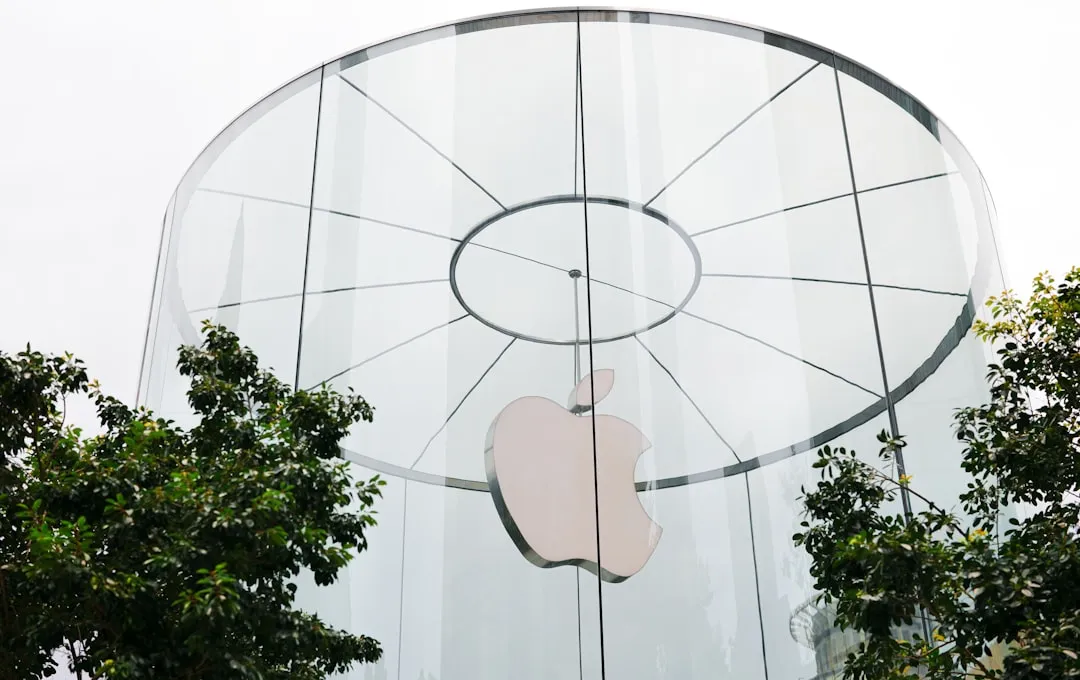

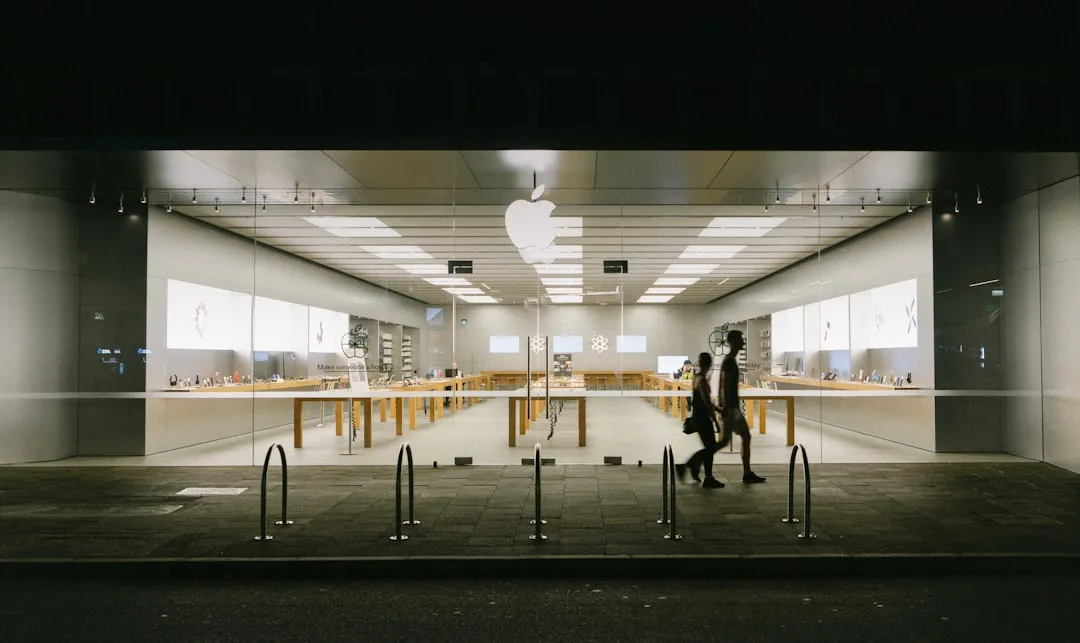
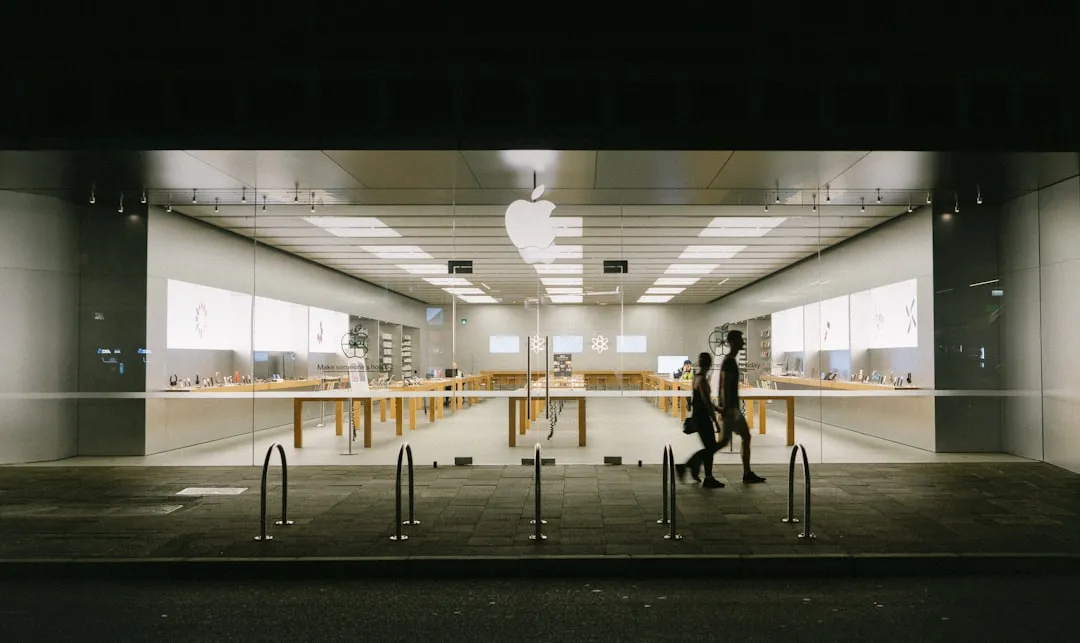

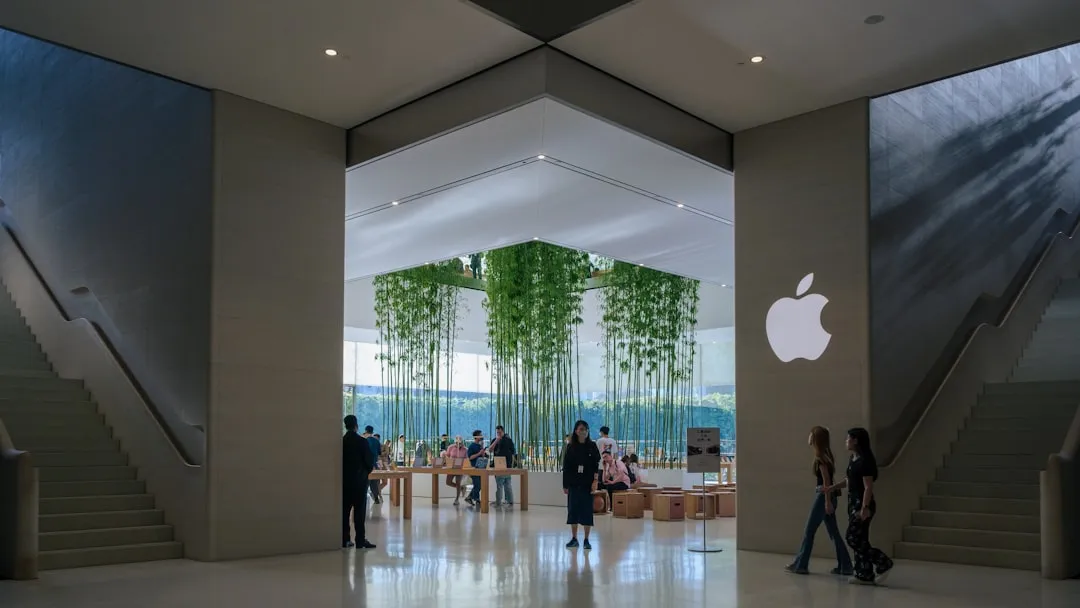
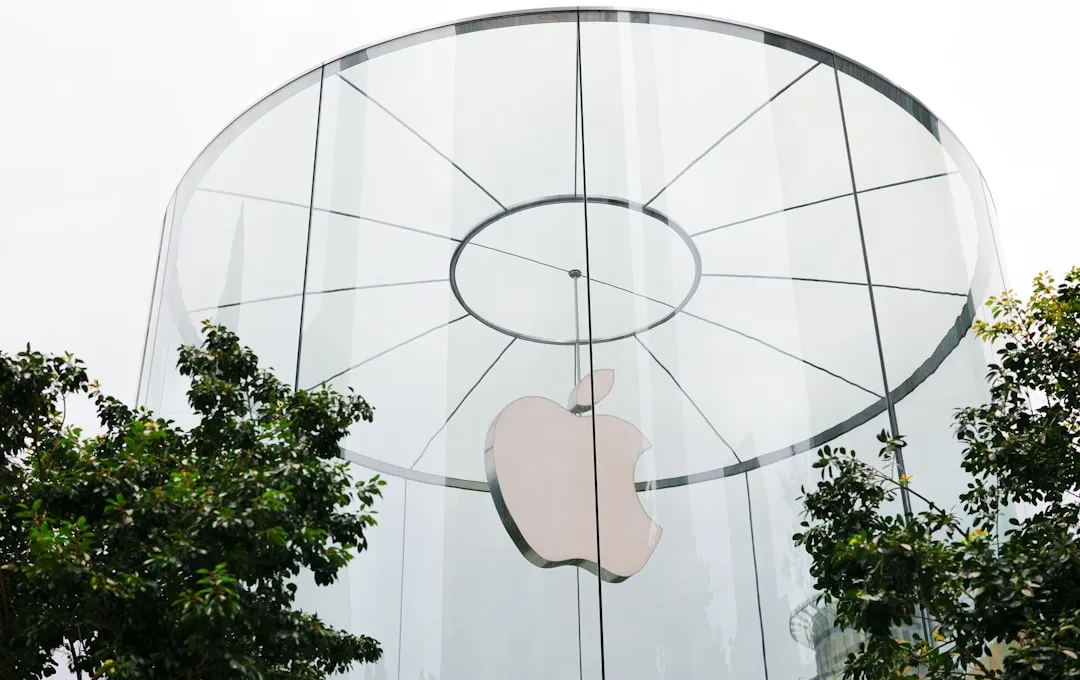
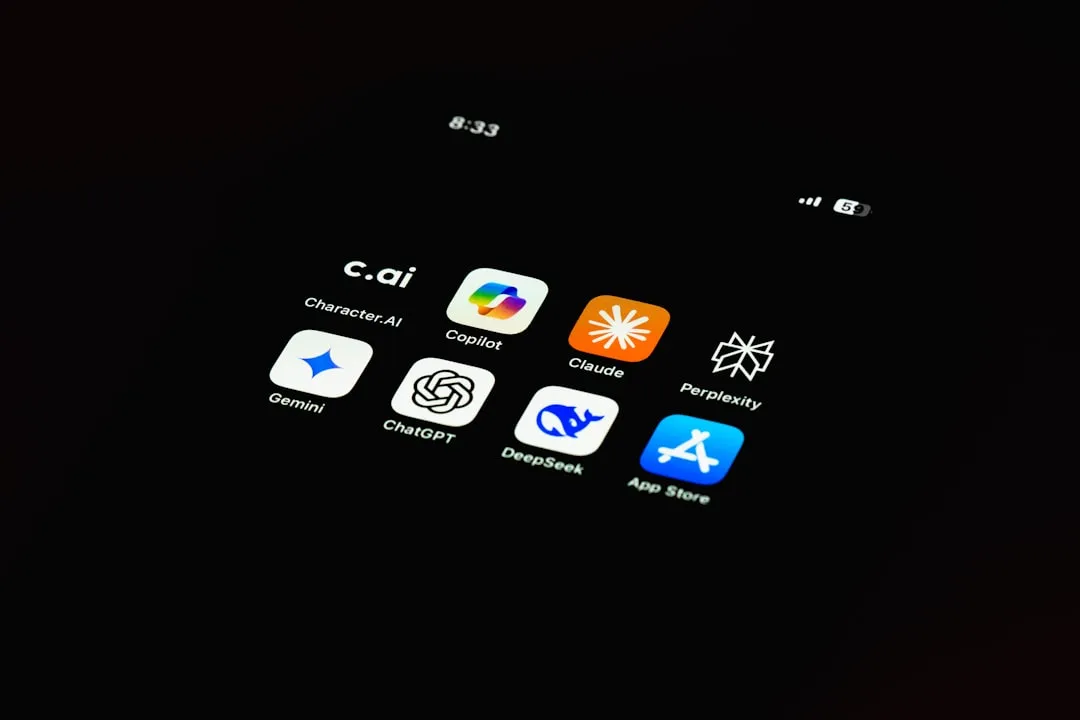
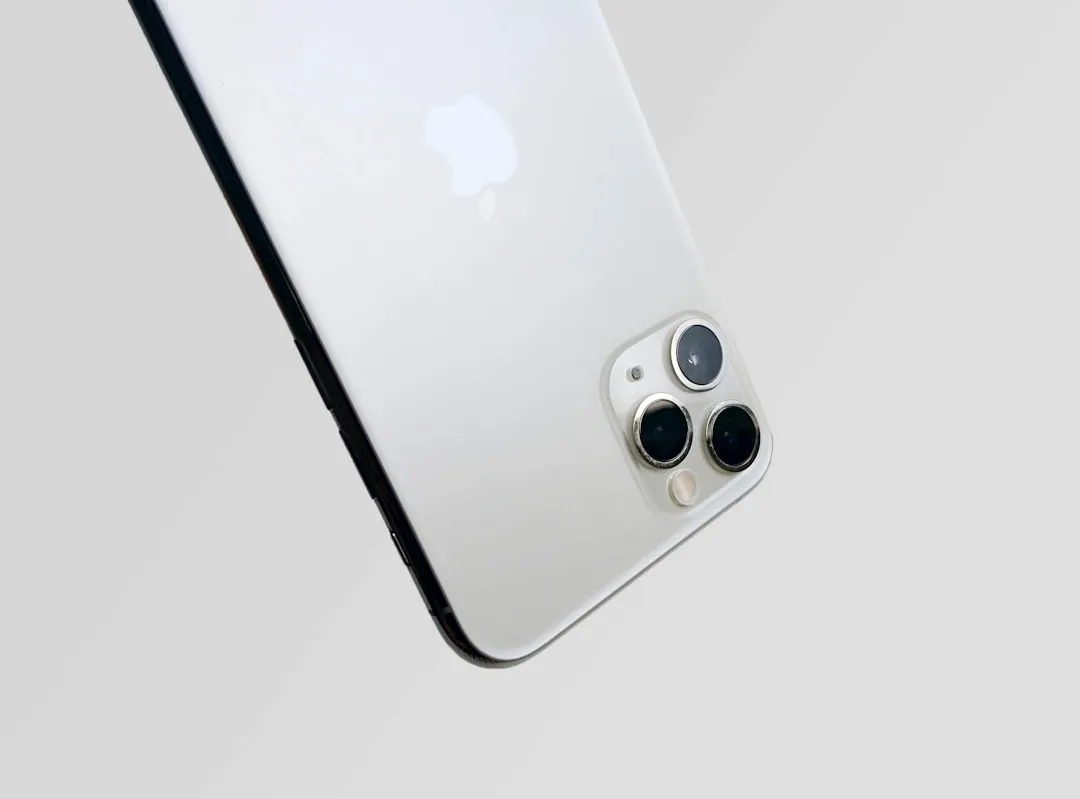
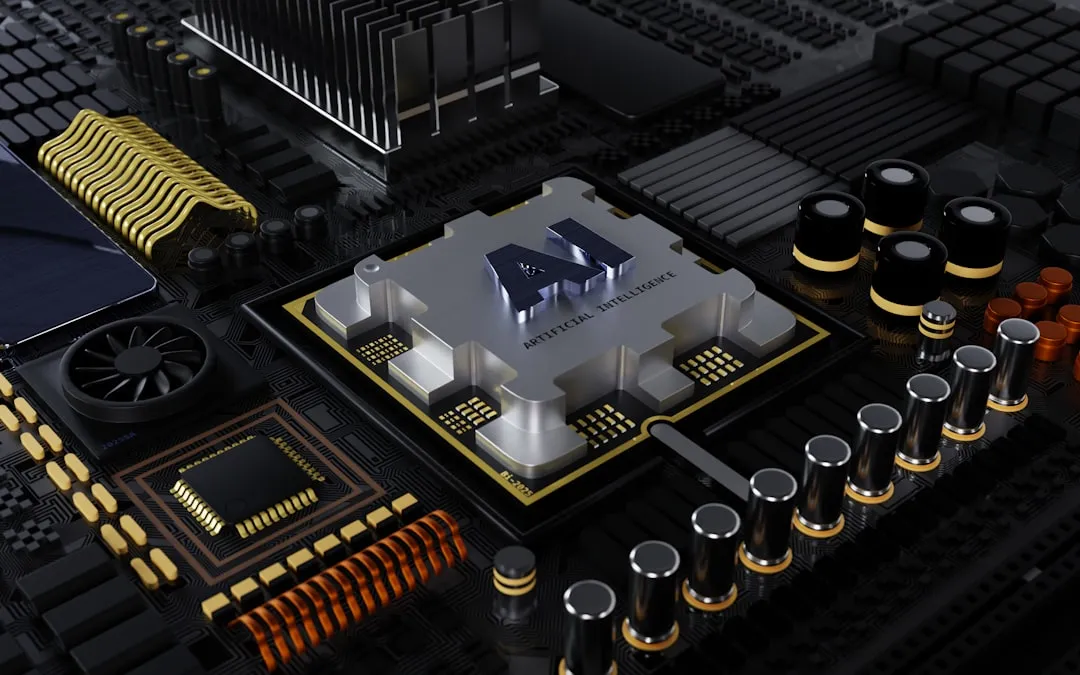
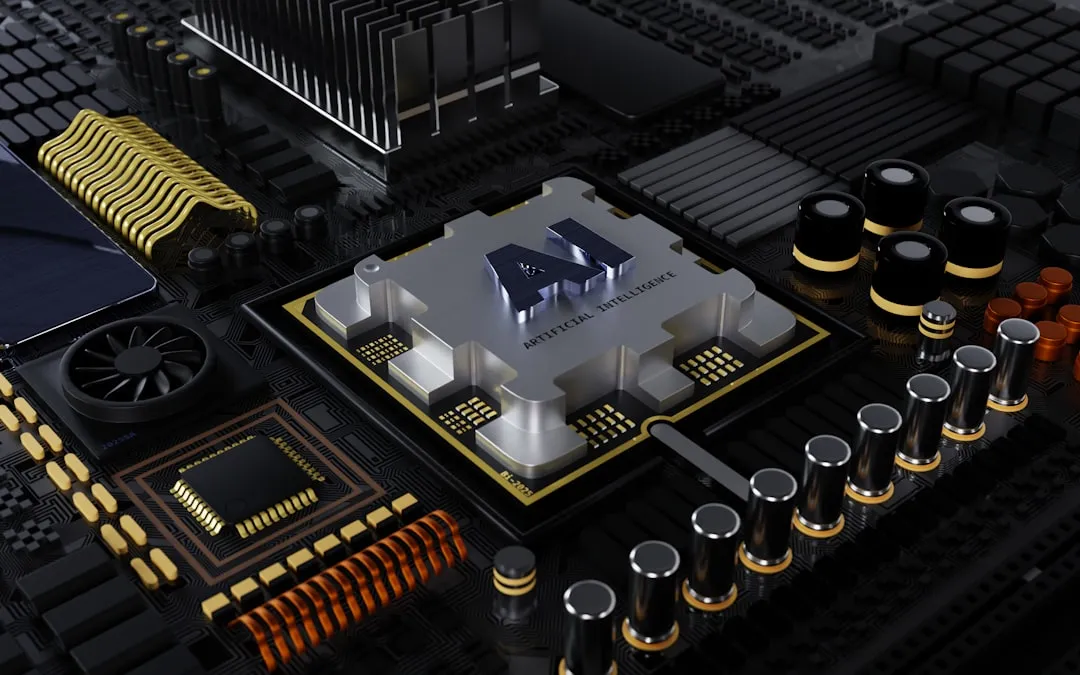
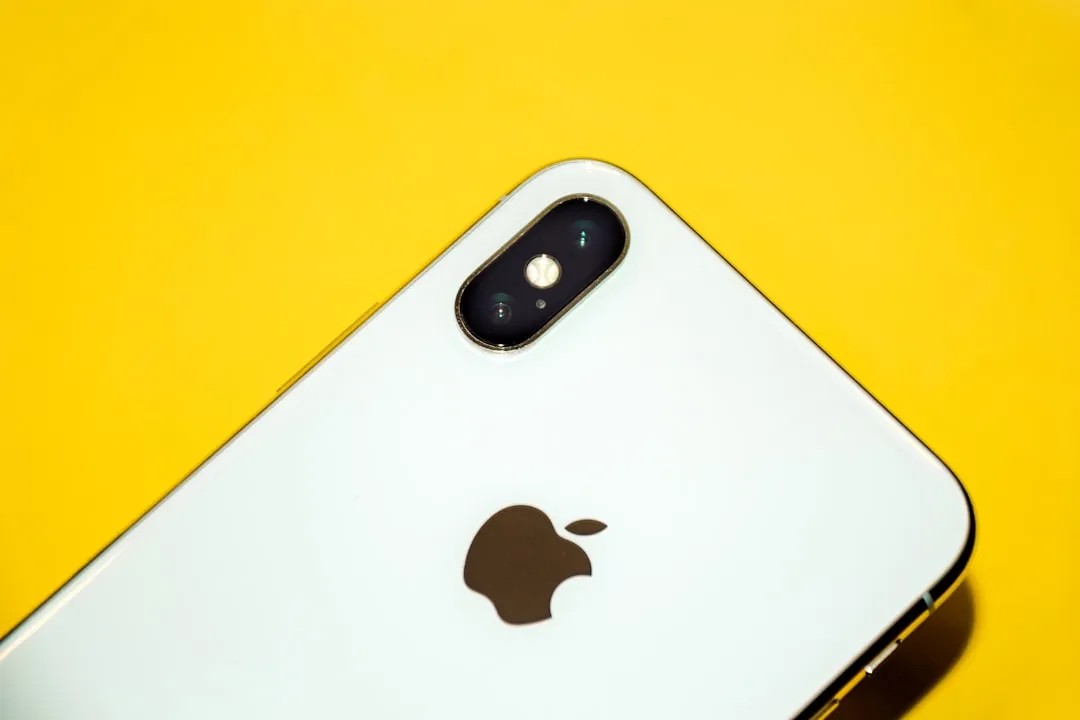

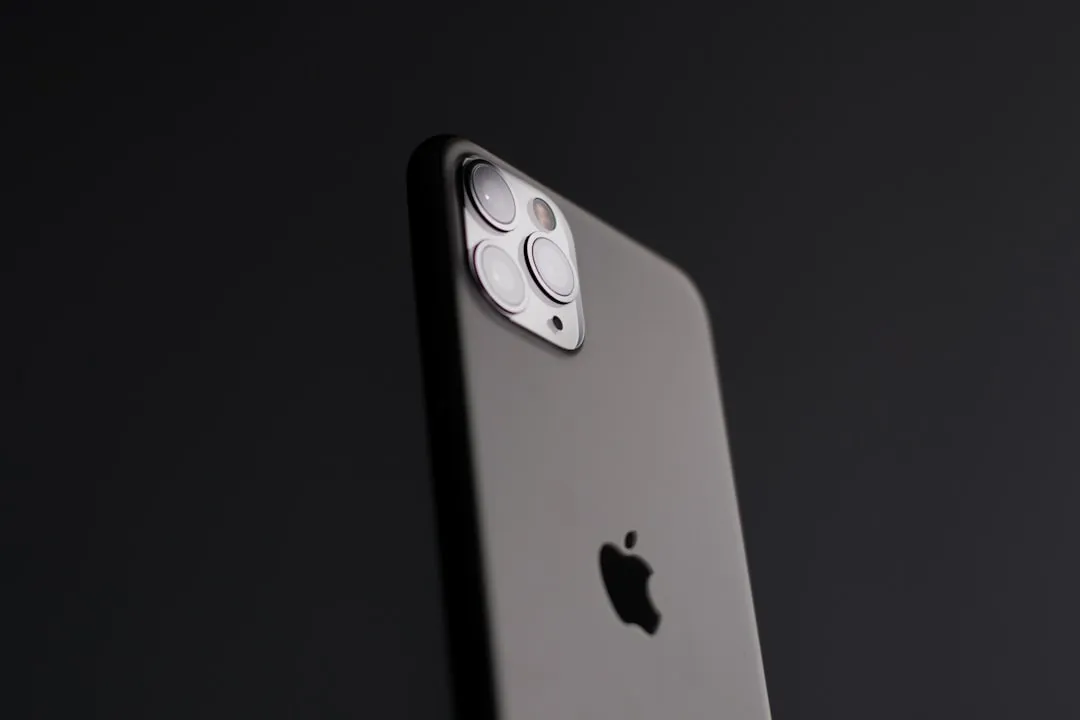


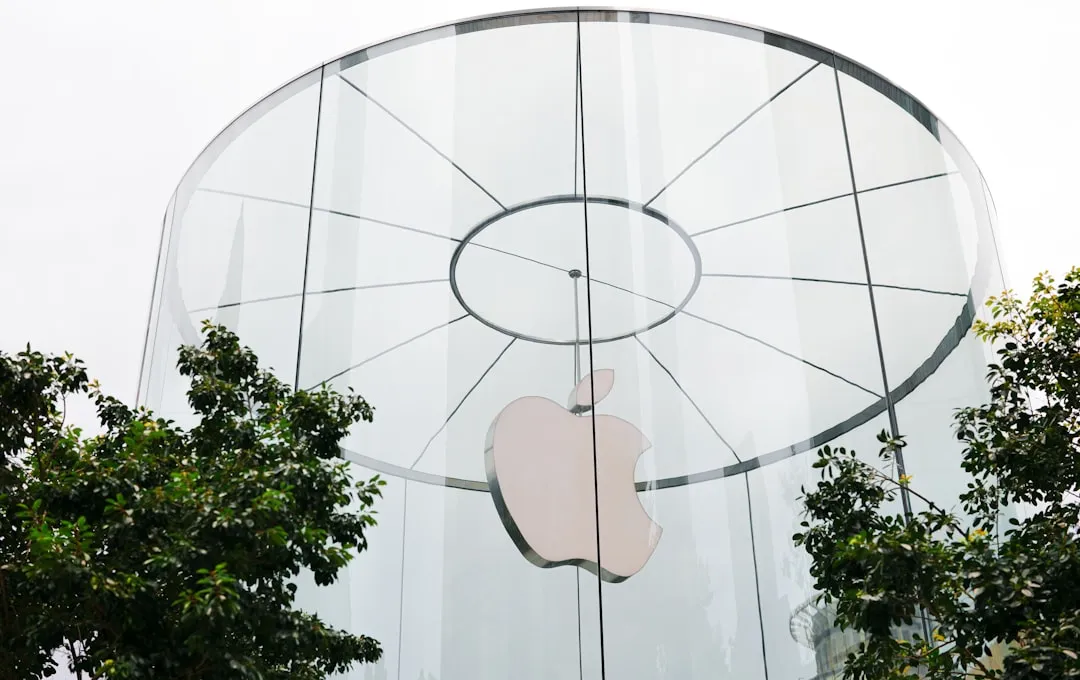
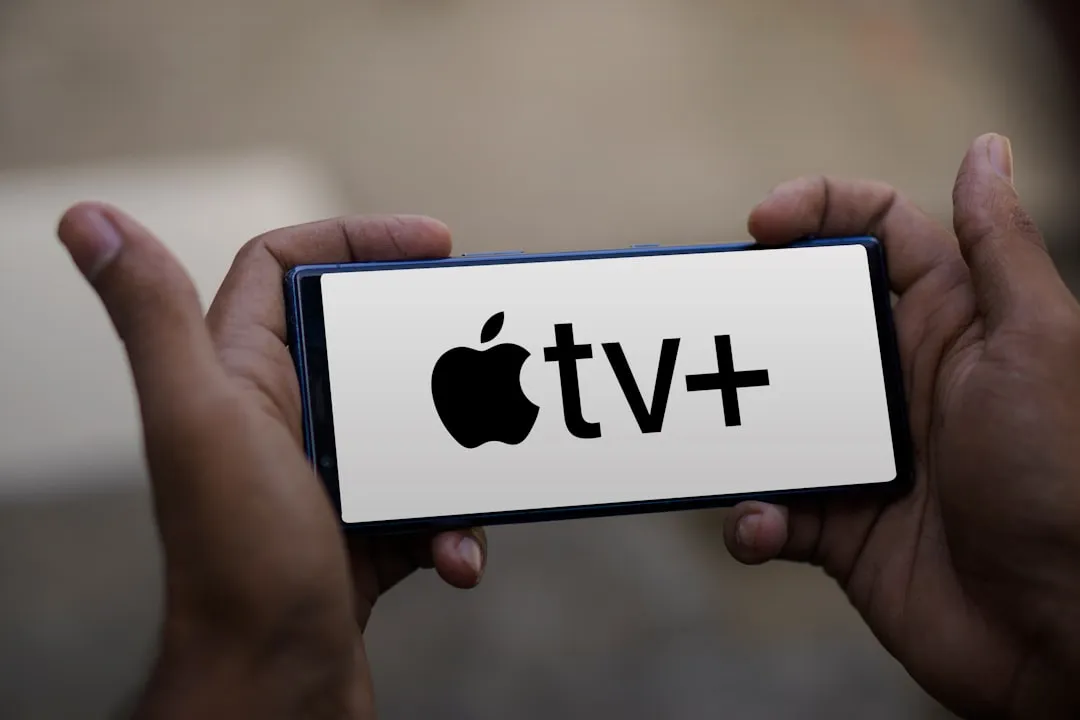
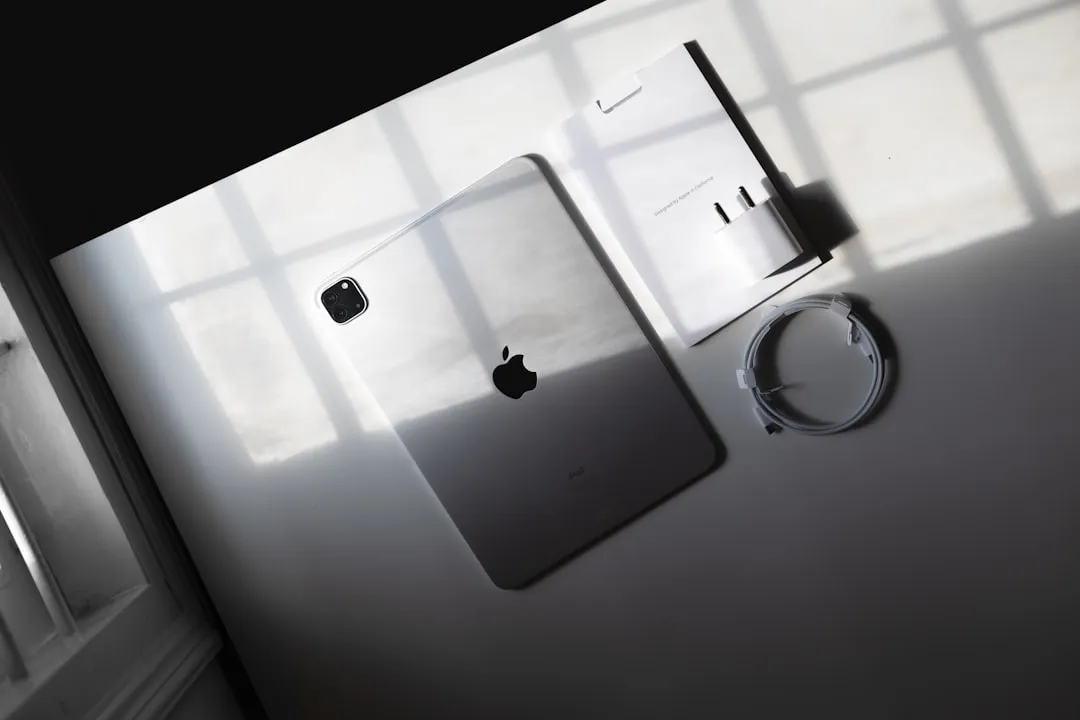

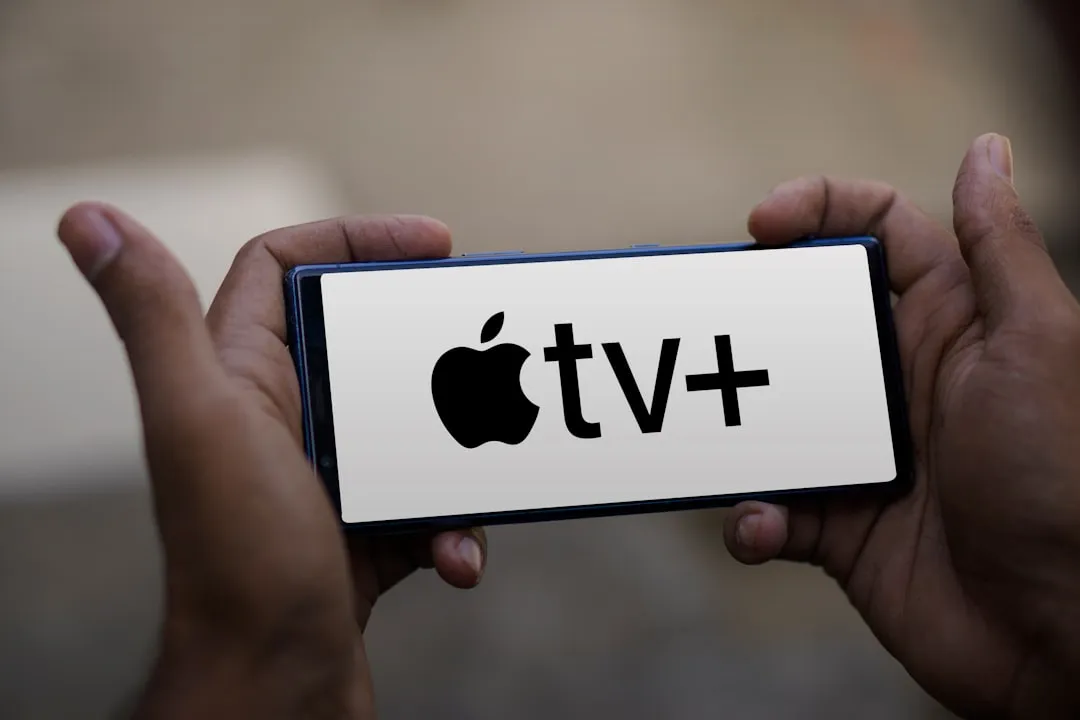
Comments
Be the first, drop a comment!